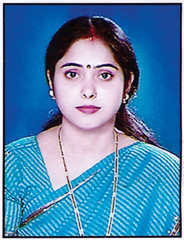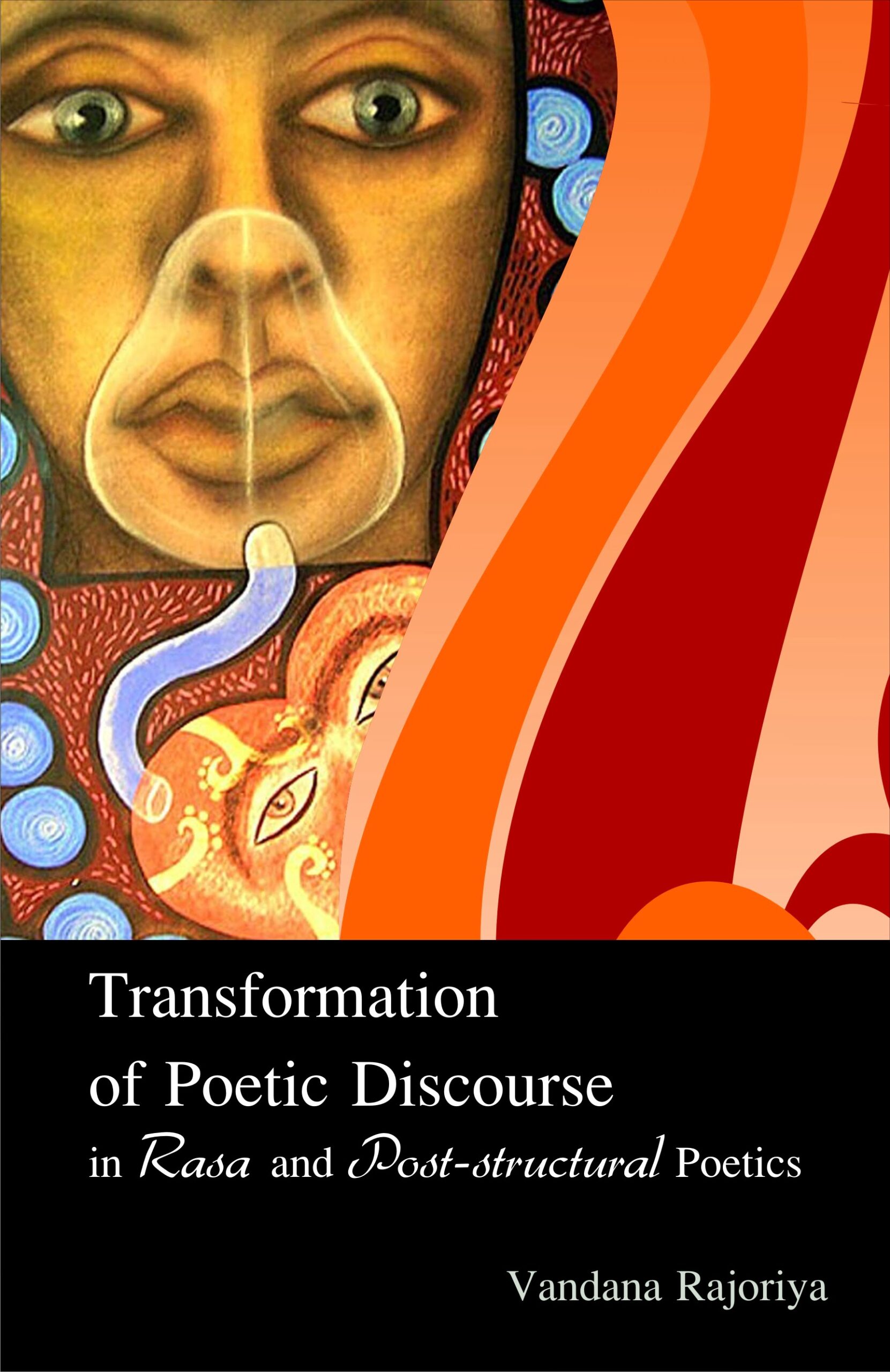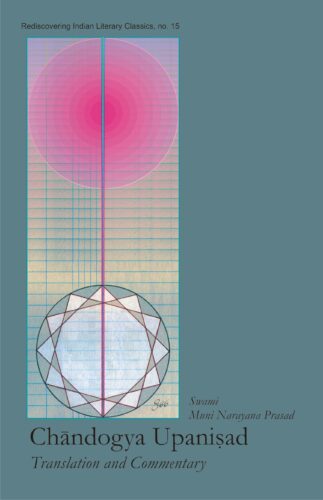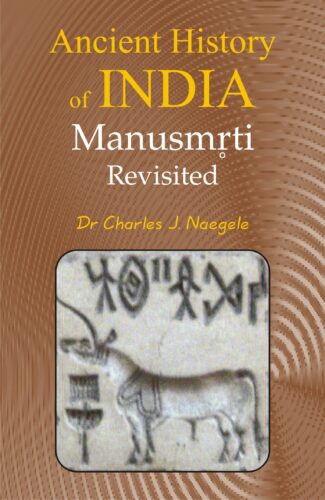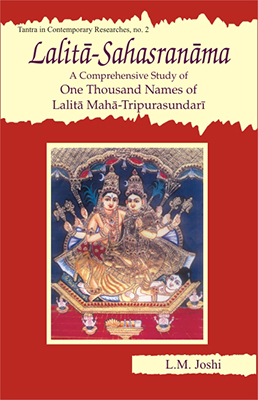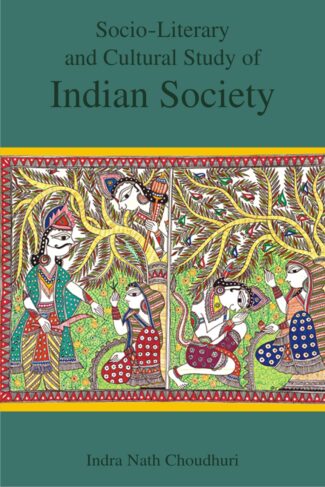-
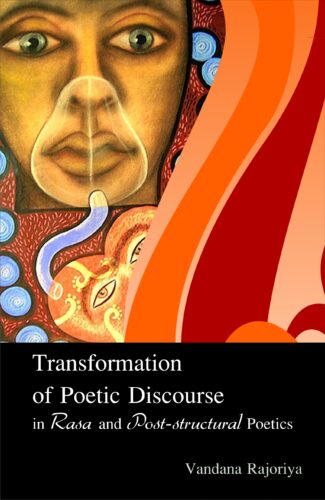

Transformation of Po...
Transformation of Poetic Discourse in Rasa and Post- Structural Poetics
by: Vandana RajoriyaThis work is a dedicated effort at defining rasa and post-structuralist theories in clear and graphical terms while focusing on intercultural application of these theories by applying rasa to canonical English poems and post-structuralism Western theories to classical Sanskrit works.
₹585.00
ISBN: 9788124606414
Year Of Publication: 2012
Edition: 1st
Pages : xv, 254p.
Bibliographic Details : 15 line drawings; Glossary; Bibliography; Index
Language : English
Binding : Hardcover
Publisher: D.K. Printworld Pvt. Ltd.
Size: 23
Weight: 500
Rasa, the Indian literary theory, and the post-structuralism, the Western literary theory, constitute two important areas of study in literary criticism and literature. This volume tries to define rasa and post-structuralist theories in clear and graphical terms. It focuses on inter-cultural application of these two classical theories. This involves the attempt to apply the Indian literary theory of rasa to canonical English poems including those of the epic stature like Dantes Divine Comedy and John Miltons Paradise Lost. It also applies the Western literary theory of post-structuralism, those of Derrida, Lacan and Foucault, to canonical works of Sanskrit poetry like Bhartrharis Shringarashataka, Shudrakas Mrcchakatika, Dandins Dashakumaracarita and Mudrarakshasa of Vishakhadatta among others.
The comparative study that involves a deep and engrossing study of various situations in the epics and other works, unfolds the uniqueness of the latter. It reveals the similarities in the two theories such as their goal of generation of value, quite realistically. It discusses the distinction in the rasa and post-structuralist formations, such as the idea of communication being one of the important principles of the conceptualisation of form and structure of rasa, while the art of communication is not so evolved in post-structuralism.
The structure of the study is planned in a sequential order to enable readers to easily understand the theories and their application. The book is bound to be useful to scholars and students of Indology, particularly Indian literature and literary criticism, and those interested in cross-cultural studies in this field.
Preface
Acknowledgement
List of Illustrations
1. Introduction
2. Formative Principles
3. Applicatory Principles I
4. Applicatory Principles II
Conclusion
Glossary
Bibliography
Index

